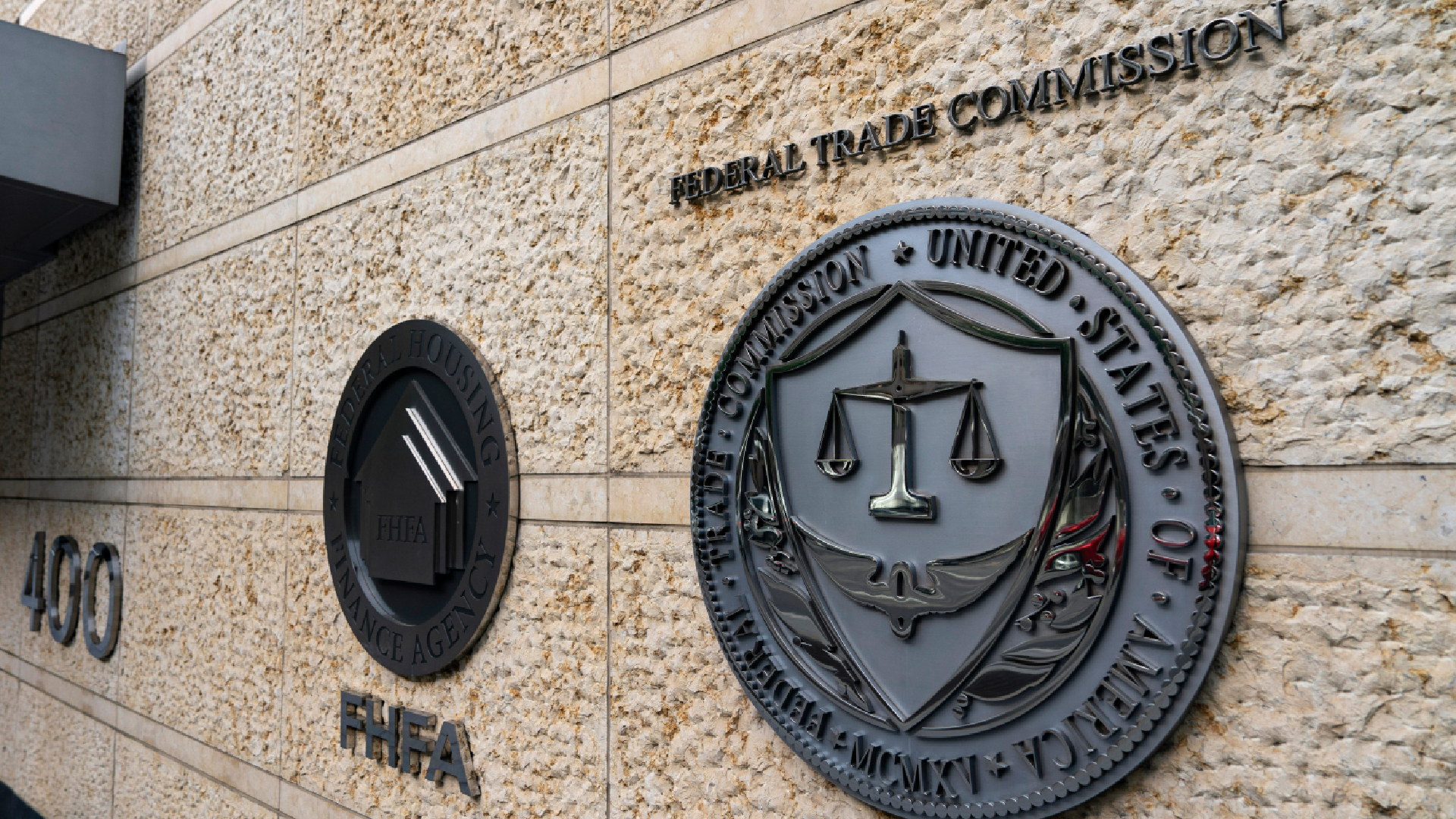
When it comes to deciding on your next purchase, be that PC hardware or otherwise, you'll probably be leaning pretty heavily on reviews to make your decision. But it won't come as too much of a surprise when I say that some reviews are less trustworthy than others, with obvious bot accounts, paid reviews and fake testimonials muddying the waters.
Now the FTC has announced what it's calling a 'final rule', aimed at combating exactly that (via PC World). It's been in the works since October 2022 and contains some pretty sweeping prohibitions on some of the biggest bugbears faced by consumers when searching through site reviews to find trustworthy content.
The final rule prohibits fake or false consumer reviews, consumer testimonials and celebrity testimonials, as well as prohibiting businesses from "providing compensation or other incentives conditioned on the writing of consumer reviews expressing a particular sentiment, either positive or negative." It also bans reviews and testimonials written by company insiders that fail to clearly disclose the reviewer's connection to the business.
There's also a prohibition on businesses misrepresenting websites or entities they control as independent reviewers, when voicing opinions about products or services they own. "Fake social media indicators" are also targeted, essentially banning the selling or buying of social media followers, or views generated by a bot or hijacked account.
Finally, the rule prohibits businesses from using "groundless legal threats, physical threats, intimidation or certain false public accusations to prevent or remove a negative consumer review."
In terms of penalties for breaching the rule, the FTC says that this new set of prohibitions will "enhance deterrence and strengthen FTC enforcement actions", and cites a previous Supreme Court decision that it says has hindered its ability to seek monetary relief for consumers up until this point.
"Fake reviews not only waste people’s time and money, but also pollute the marketplace and divert business away from honest competitors," said FTC Chair Lina M. Khan.
"By strengthening the FTC’s toolkit to fight deceptive advertising, the final rule will protect Americans from getting cheated, put businesses that unlawfully game the system on notice, and promote markets that are fair, honest, and competitive."
Given the flood of misleading review content across the internet, this tightening of the FTC's position should hopefully go some way in deterring US businesses from acting in an unscrupulous manner in regards to promoting their products.
As someone who writes many a hardware review, I can't help but cheer for the principles of fairness, proper disclosure and consumer rights receiving some beefed-up protections, at least as far as the FTC is concerned.







